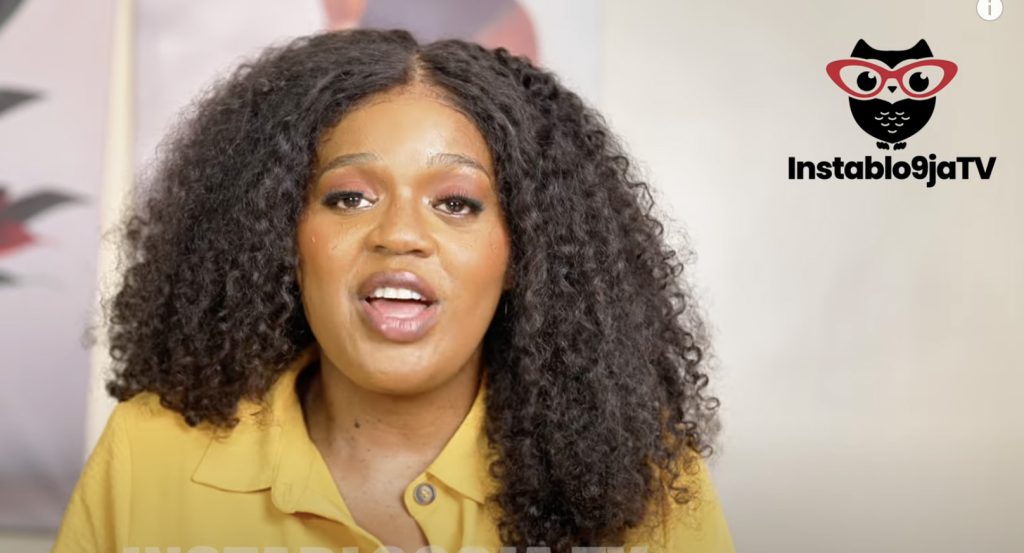The hashtag war on homosexuality in Nigeria
Mike Daemon is the pseudonym of the founder and presenter…
Online conversations are growing, but deeply rooted beliefs still dominate public opinion.

COMMENTARY
When Bisi Alimi came out as gay on national television in 2004, it was a groundbreaking moment for LGBTQ+ visibility in Nigeria. But the response was swift and unforgiving. His appearance on the NTA’s New Dawn show led to the cancellation of its live format. From that point on, episodes were pre-recorded and strictly vetted. The message was clear: Nigeria wasn’t ready for this conversation.
Today in Nigeria, the story is a little different. Social media platforms like Facebook and Instagram have become spaces where Nigerians can talk about sensitive issues, including homosexuality. But according to a study published in SAGE Open, even these digital spaces reflect a strong climate of resistance.
Titled “Climate of Conformism: Social Media Users’ Opinion on Homosexuality in Nigeria,” the research surveyed 323 Facebook users and analyzed 300 Instagram comments to better understand how opinions about LGBTQ+ issues are formed and expressed online.
The findings were eye-opening. A large majority of participants, around 83 percent, said they do not see homosexuality as acceptable in Nigeria. About 71 percent opposed same-sex marriage. Only 29 percent acknowledged that LGBTQ+ people deserve the same human dignity as others.
Still, there was something unexpected in the results. Despite holding largely negative views, over 93 percent of respondents said they are willing to express their opinions publicly, even when they feel they are in the minority. What motivated them most? Simply put, there’s a growing interest in the topic.
So while social media hasn’t overthrown traditional attitudes, it’s certainly giving people room to talk, question and sometimes challenge them.
Between Faith, Fear and Freedom
One of the most striking findings in the study was the overwhelming influence of religion. 93 percent of respondents said their religious beliefs were the main reason they could not support homosexuality. Far fewer pointed to cultural norms or personal discomfort. In fact, concerns about being insulted or unfollowed online didn’t register strongly at all.
The comments gathered from Instagram painted a similar picture. Posts about LGBTQ+ topics on major pages like Instablog9ja and Tunde Ednut drew hundreds of reactions. Out of the 300 analyzed, nearly 75 percent were strongly negative. Around 21 percent were neutral or moderate, and just 4 percent were openly supportive.
Offline data seems to mirror this pattern. According to a 2017 NOIPolls survey, 91 percent of Nigerians do not believe people are born homosexual. More than 80 percent said they would not accept a gay family member, although that number is slightly lower than it was in 2015.
But there’s a flicker of change. The study found that Nigerians between the ages of 26 and 30 were the most engaged in conversations about LGBTQ+ rights online. And while the number of openly positive comments remains small, around a quarter of Instagram users either supported or at least didn’t outright reject LGBTQ+ identities. This suggests that a new generation may be more open to dialogue than their parents.

Is Social Media Enough to Change Minds?
The study concludes that while social media hasn’t created a cultural revolution, it is providing a platform for open dialogue where none existed before. One surprising finding was that more respondents supported equal access to social services for LGBTQ+ people than supported same-sex marriage. This may signal a subtle shift from viewing the topic in moral or religious terms to considering it as a human rights issue.
Still, the path forward isn’t without risk. The researchers caution that increased visibility online could lead to more backlash and even violence. For rights advocates, the challenge is to strike a balance between pushing for visibility and ensuring the safety of LGBTQ+ individuals and allies.
In Nigeria, where silence once ruled, new voices are beginning to emerge. They’re not always loud, and they’re not always kind. But they’re speaking. And that, at least, is a start.




